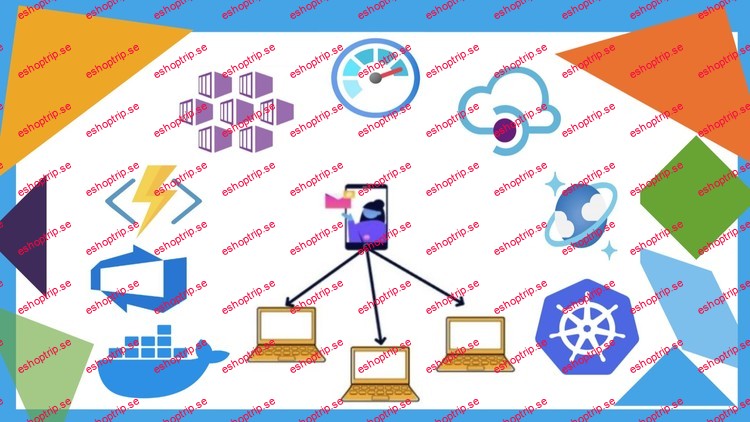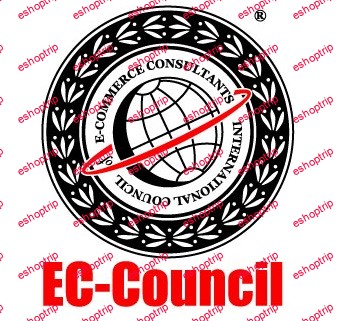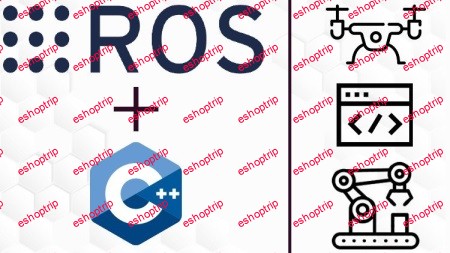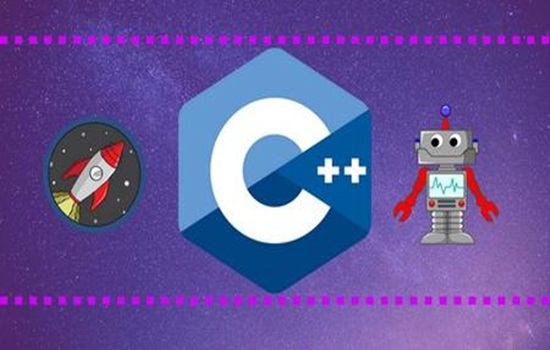Published 7/2024
Created by Ahmet Bilgic
MP4 | Video: h264, 1280×720 | Audio: AAC, 44.1 KHz, 2 Ch
Genre: eLearning | Language: English | Duration: 28 Lectures ( 2h 14m ) | Size: 1.03 GB
Master the Essentials of Building Scalable and Resilient Microservices Using .NET Core
What you’ll learn:
Learn the principles and characteristics of microservices, such as modularity, independent deployment, and decentralized data management.
Understand the differences between monolithic and microservices architectures, including benefits and challenges.
Explore tools and techniques for service discovery and service orchestration
Learn container technologies like Docker for packaging and deploying microservices.
Understand orchestration platforms like Kubernetes or Docker Swarm for managing containers at scale.
Explore the role of API gateways in microservices architectures for handling routing, security, and monitoring.
Choose a programming language and frameworks suitable for microservices development
Learn about security challenges in microservices architectures, such as authentication, authorization, and secure communication between services.
Implement resilience patterns like circuit breakers (e.g., Hystrix), retries, and timeouts to handle failures gracefully.
Learn about microservices and event-driven architecture is crucial in modern software development, for building scalable, resilient, and maintainable systems
Requirements:
No programming requirement
Description:
In this course you are going to learn a comprehensive set of skills and knowledge necessary to build scalable, resilient, and maintainable microservices using the ASP.NET Core framework. Here are the key topics typically covered in such a course:Introduction to Microservices Architecture:Understanding the principles and advantages of microservices over monolithic architectures.Key characteristics of microservices: independence, scalability, resilience, etc.Setting Up ASP.NET Core for Microservices:Installing and configuring ASP.NET Core.Creating a new project structure suitable for microservices.Building Microservices:Designing microservices based on domain-driven design (DDD) principles.Implementing microservices using ASP.NET Core Web API.Handling service-to-service communication (RESTful APIs, gRPC, etc.).Service Discovery and Load Balancing:Implementing service discovery using tools like Consul, Eureka, or Kubernetes Service Discovery.Load balancing strategies for microservices.Containerization with Docker:Docker fundamentals: containers, images, Dockerfile, Docker Compose.Containerizing ASP.NET Core microservices.Deploying Microservices:Deploying microservices to cloud platforms (Azure, AWS, Google Cloud).Orchestration tools for microservices (Kubernetes, Docker Swarm).Managing Data in Microservices:Choosing appropriate databases for microservices (SQL, NoSQL).Patterns for data consistency in microservices architecture.Securing Microservices:Authentication and authorization strategies.Securing communication between microservices.Monitoring and Logging:Implementing health checks.Logging strategies and tools (ELK stack, Serilog, Application Insights).Testing Microservices:Unit testing and integration testing for microservices.Mocking dependencies for testing.Continuous Integration and Continuous Deployment (CI/CD):Setting up pipelines for CI/CD.Automating deployments and testing.Scaling Microservices:Horizontal scaling strategies.Autoscaling based on metrics.Best Practices and Patterns:Common microservices design patterns (e.g., Saga pattern, Circuit Breaker pattern).Performance optimization techniques.
Who this course is for:
Who wants to learn Microservices in an easy way.
Homepage










